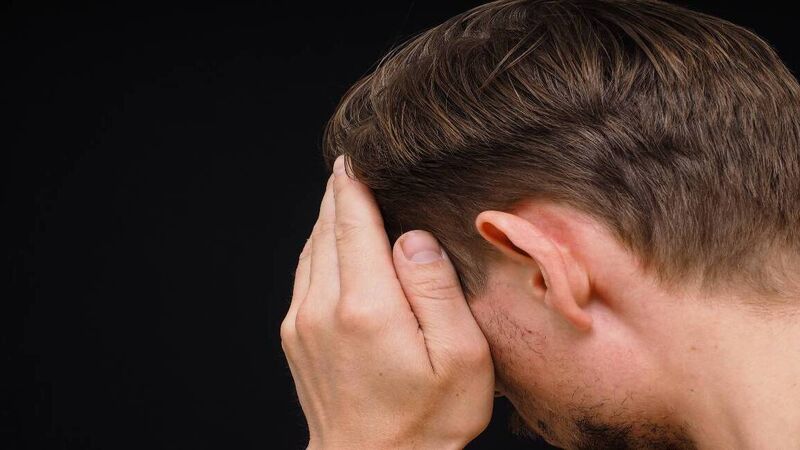Covid 19: More anti-depressants dispensed in 2020 than year before

'If someone needs an anti-depressant for a year to get them back to where they need to be then that is OK.'
More anti-depressant medication was dispensed every month last year by pharmacists than the year before, and a top pharmacist says this reflects a growing need for help as the pandemic continues.
The Irish Pharmacy Union monitors dispensing across the industry. Figures released to the show a greater need every month.










